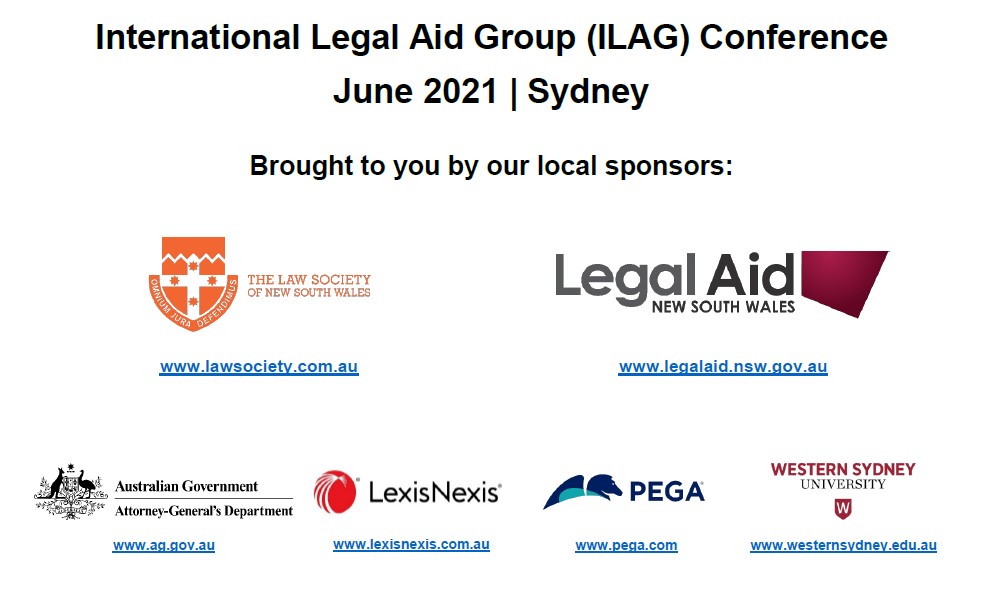In all our countries, there is much interest in developments in the use of technology - and this is referred to in some of the reports below. One of the consequences has been a renewed interest in international developments - since, though law may be national, technology is, of course, international. I have recently written a further annual report on law, technology and access to justice for the Legal Education Foundation (LEF) based in England.
This follows the one prepared last year, which, in its turn, built on, the joint study with Alan Paterson: Face to Face Legal Services and their Alternatives, available at:
http://www.strath.ac.uk/media/faculties/hass/law/cpls/Face_to_Face.pdf.
The LEF papers can be viewed at http://www.thelegaleducationfoundation.org/digital.
The LEF is now assembling a website specifically to cover digital developments. This will include a blog, which has just been soft launched. You can find it at:
I commend it to anyone interested in the field. Here, as an exclusive, is the opening post which proposes the key themes for development during the year. So much is happening around the world that it can be difficult to get an overview of the most significant developments. Accordingly, if you have any comment or, indeed more widely, any contribution for further additions of this newsletter, do get in touch by emailing This email address is being protected from spambots. You need JavaScript enabled to view it..
The US Legal Services Corporation had a go at this at its Technology Summit in 2013 and, at the time, its priorities were:
1. state-wide legal portals;
2. sophisticated document assembly programmes;
3. adapting to mobile technology;
4. applying business process analysis; and
5. developing expert systems.
These were proposed as (and are now actually) the priorities for a specific funding organisation based in the US at a specific time. They reflect unavoidably that domestic context. But, their formulation encourages consideration as to their relevance more globally. Some have become almost routinely absorbed. Who does not now adapt their provision so that it is responsively designed and can be used on a mobile platform?
Well, what would we propose as global priorities for this year? We need to note wider developments, such as the broad adaption to mobile, but be aware of the specific characteristics of those access to justice is impeded by their social and economic circumstances. The legal press, at least in the UK and US, is much concerned with the possibilities of expensive artificial intelligence systems such as IBM’s Watson or Google’s DeepMind. But, realistically, it will be some time before the cost of these cutting edge systems comes down to levels where they are useable by agencies in the poorer areas of our countries.
Look around the world and the five most important global trends to watch in 2016 seem to be:
1. The development of guided pathways for advice and information (led by the Dutch Rechtwijzer and demonstrated also in MyLawBC.com in British Columbia and by Relate in England in Wales);
2. The emergence of national brands using an internet presence to deliver low fee services often linked with unbundling to open up ‘the latent legal market’ of potential low income clients (led by a deregulated England and Wales);
3. Exploration of automated document assembly (initially led by the US); and experimentation with various forms of virtual legal practice (widespread);
4. The deployment of various forms of 'virtual legal practice', particularly perhaps using video Skype-type connections and
5. Online dispute resolution (as in Dutch Rechtwijzer 2.0) and online dispute determination (led by British Columbia’s civil resolution tribunal).
Anyway, those would be my five top priorities to watch. Let me know if you disagree.


